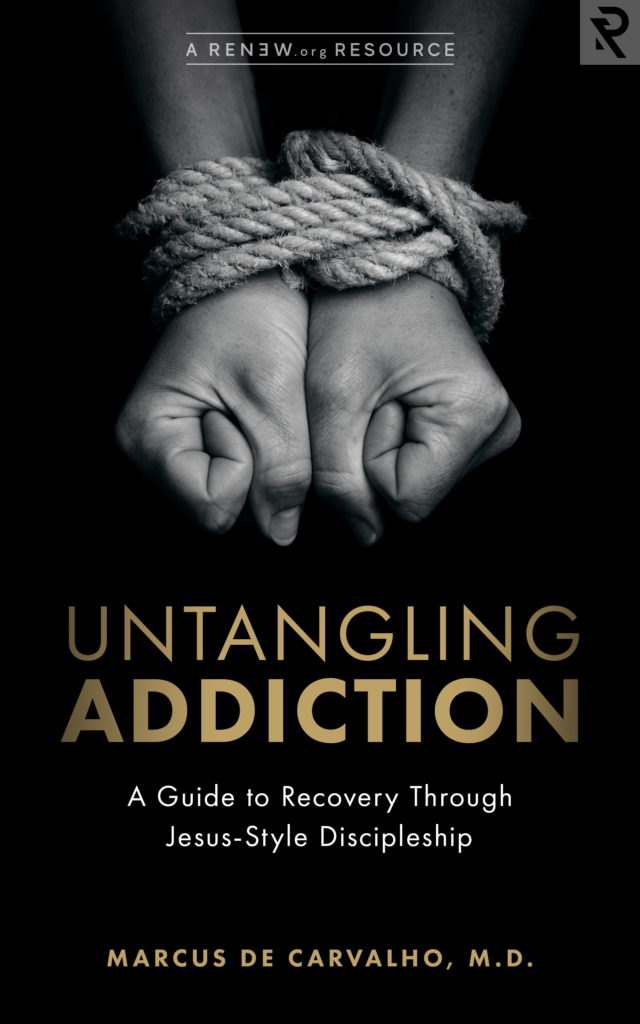
Reasons Why Adolescents Attempt Suicide
There are a number of reasons why a teen might make a suicide attempt. The following are a summary of some of the most common.[1]
To escape from an intolerable situation.
It is important to note that “intolerable” might be anything in the mind of a developing adolescent. Any time a teen feels hopeless and does not possess good problem-solving skills, the situation might be seen as “intolerable.”
To punish the survivors.
Suicide is a hostile act and sometimes the hostility is directed towards the survivors. It may be a teen’s parents or a boyfriend or girlfriend who jilted them.
To gain attention.
Are there young people who really don’t want to die, but who just want some attention? Undoubtedly, yes. But that doesn’t mean that you shouldn’t take every suicide threat seriously. If you ignore or dismiss an attempt as merely an attention-getting device, then the teen may be challenged to prove you wrong with the next attempt.
To manipulate others.
A teen may threaten suicide to keep a boyfriend or girlfriend from breaking up with them. The teen may also threaten suicide as a means of manipulating his parents into allowing him to have a certain privilege.
To join a deceased loved one.
Many times, teens are especially close to an older relative such as a grandparent, aunt, or uncle who has died. They attempt suicide in order to restore the relationship that was severed.
To avoid punishment.
Because teens don’t always have the best problem-solving skills, they may choose suicide rather than face a punishment they see as intolerable. If a teen has committed a crime and is facing some serious prison time, he may choose suicide rather than face the potential homosexual rape and abuse that is common in prison.
To avoid becoming a “burden.”
This motive is more common among the elderly who have contracted some kind of fatal disease such as cancer or multiple sclerosis. They don’t want to be a burden to their families, so they take their own lives. While it is most common among the elderly, I know of a young boy in a large Hispanic family who took his own life because the family was very poor and his mother was concerned with how she would be able to feed everyone. The boy took his life and left a suicide note stating that he hoped that one less mouth to feed would make it easier for his younger brothers and sisters.
To pursue an irrational and impulsive whim.
As stated before, teens are not always the most logical in their thought processes. They may see a movie like Romeo and Juliet or Thelma and Louise and decide it would be very “romantic” to end one’s life is such a way. They decide to end their lives on a Friday night and can’t wait to see what an impact it has on the school culture on Monday. What they don’t realize is that they won’t be around to enjoy being the center of attention because they will be dead!
The changing moral climate.
Teens are growing up in a postmodern culture where there are no absolutes. The prohibition and stigma that was once associated with suicide is very quickly fading. Many do not hold a Christian belief in a final judgment and heaven or hell. They have no reason to fear death, so it is seen as a viable alternative to their problems.
[1] Bill Blackburn, What You Should Know about Suicide (Waco, TX: Word Books, 1982), p. 20-30.
(Excerpted from Gary Zustiak, Intensive Care: A Manual for Nonprofessionals Who Work with Hurting and Broken Youth. Used with permission.)







